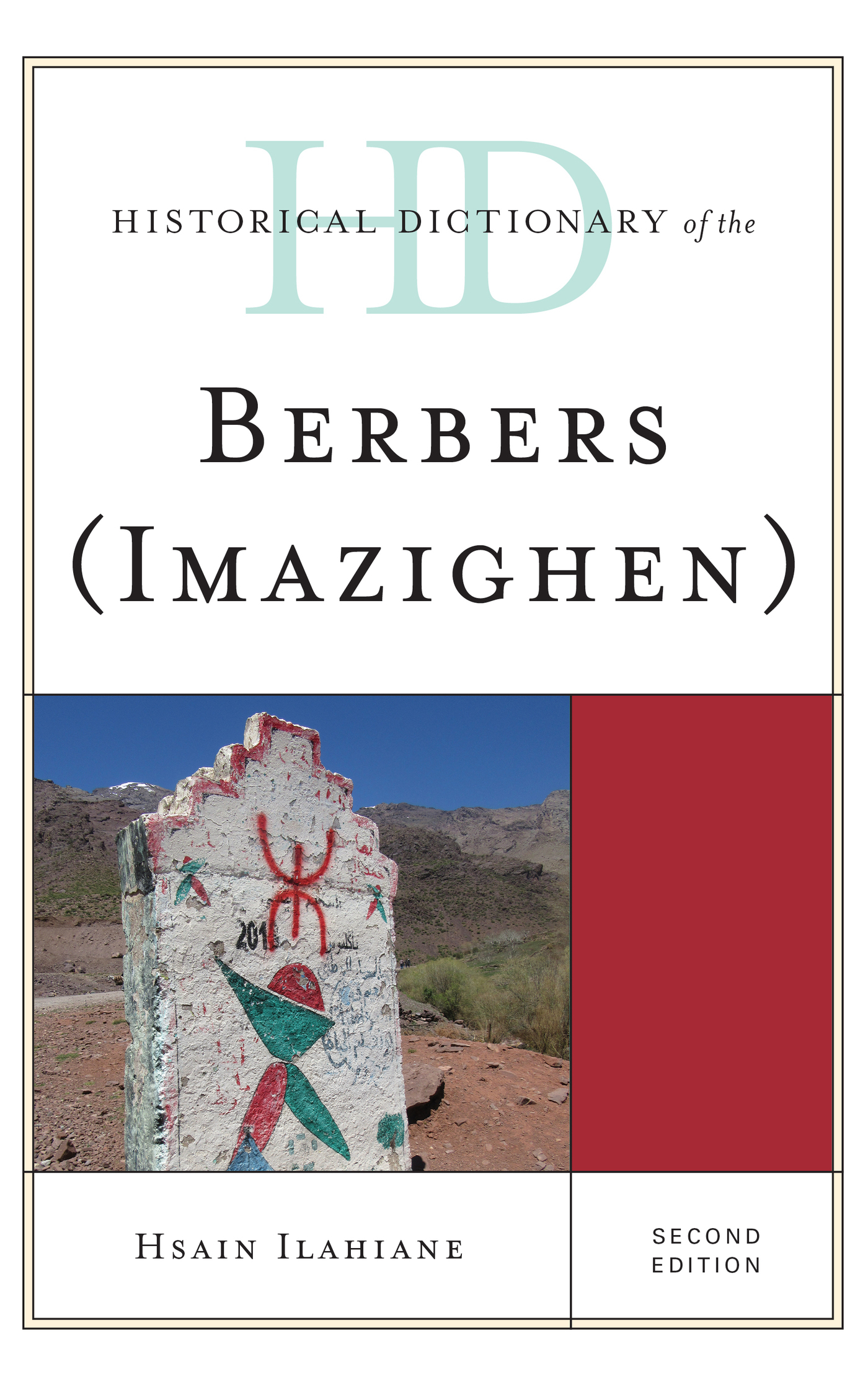The historical dictionaries present essential information on a broad range of subjects, including American and world history, art, business, cities, countries, cultures, customs, film, global conflicts, international relations, literature, music, philosophy, religion, sports, and theater. Written by experts, all contain highly informative introductory essays on the topic and detailed chronologies that, in some cases, cover vast historical time periods but still manage to heavily feature more recent events.
Brief AZ entries describe the main people, events, politics, social issues, institutions, and policies that make the topic unique, and entries are cross-referenced for ease of browsing. Extensive bibliographies are divided into several general subject areas, providing excellent access points for students, researchers, and anyone wanting to know more. Additionally, maps, photographs, and appendixes of supplemental information aid high school and college students doing term papers or introductory research projects. In short, the historical dictionaries are the perfect starting point for anyone looking to research in these fields.
Historical Dictionaries of Peoples
and Cultures
Jon Woronoff, Series Editor
Tamils, by Vijaya Ramaswamy, 2007.
Gypsies, 2nd ed., by Donald Kenrick, 2007.
Kurds, 2nd ed., by Michael M. Gunter, 2011.
Jews, by Alan Unterman, 2011.
Catalans, by Helena Buffery and Elisenda Marcer, 2011.
Australian Aboriginals, by Mitchell Rolls and Murray Johnson, 2011.
Ismailis, by Farhad Daftary, 2012.
Bengalis, by Kunal Chakrabarti and Shubhra Chakrabarti, 2013.
Inuit, 2nd ed., by Pamela R. Stern, 2013.
Druzes, 2nd ed., by Samy Swayd, 2015.
Bedouins, by Muhammad Suwaed, 2015.
Southeast Asian Massif, 2nd ed., by Jean Michaud, Margaret Byrne Swain, and Meenaxi Barkataki-Ruscheweyh, 2016.
Berbers (Imazighen), 2nd ed., by Hsain Ilahiane, 2017.
Historical Dictionary of
the Berbers (Imazighen)
Second Edition
Hsain Ilahiane
ROWMAN & LITTLEFIELD
Lanham Boulder New York London
Published by Rowman & Littlefield
A wholly owned subsidiary of The Rowman & Littlefield Publishing Group, Inc.
4501 Forbes Boulevard, Suite 200, Lanham, Maryland 20706
www.rowman.com
Unit A, Whitacre Mews, 26-34 Stannary Street, London SE11 4AB
Copyright 2017 by Hsain Ilahiane
All rights reserved. No part of this book may be reproduced in any form or by any electronic or mechanical means, including information storage and retrieval systems, without written permission from the publisher, except by a reviewer who may quote passages in a review.
British Library Cataloguing in Publication Information Available
Library of Congress Cataloging-in-Publication Data
Name: Ilahiane, Hsain, author.
Title: Historical dictionary of the Berbers (Imazighen) / Hsain Ilahiane.
Other titles: Historical dictionaries of people and cultures.
Description: Second edition. | Lanham, Maryland : Rowman & Littlefield, 2017. | Series: Historical dictionaries of peoples and cultures | Includes bibliographical references.
Identifiers: LCCN 2016048303 (print) | LCCN 2016057591 (ebook) | ISBN 9781442281813 (hardcover : alk. paper) | ISBN 9781442281820 (electronic)
Subjects: LCSH: BerbersDictionaries.
Classification: LCC DT193.5.B45 I447 2017 (print) | LCC DT193.5.B45 (ebook) | DDC 961/.004933003dc23
LC record available at https://lccn.loc.gov/2016048303
 TM The paper used in this publication meets the minimum requirements of American National Standard for Information Sciences Permanence of Paper for Printed Library Materials, ANSI/NISO Z39.48-1992.
TM The paper used in this publication meets the minimum requirements of American National Standard for Information Sciences Permanence of Paper for Printed Library Materials, ANSI/NISO Z39.48-1992.
Printed in the United States of America
To my sisters Fatima (Mama), Abisha, Khadija, and Kheira,
and my friend Armelle Cabillic.
And in memory of my great-grandfather, Addi u-Hsain nAt Ilahiane, who fought in the 1902 Touat Battle, and my grandfather, Ali u-Addi nAt Ilahiane, who fought in the 1933 Bougafer Battle. Both men fought for all of us to be free.
Mon identit, ma culture, nest pas un dossier administratif que lautorit lgitime, tablit, ouvre et referme sa convenance et auquel je naurais qu me conformer. La culture est la cration quotidienne dune socit libre. [My identity, my culture, is not an administrative file that the authority legitimizes and draws up, opens and closes at its convenience and with which I must comply. Culture is the daily construction of a free society.]
Kateb Yacine (19291989)
Gramsci, in The Prison Notebooks, says something that has always tremendously appealed to me, that history deposits in us our own history, our familys history, our nations history, our traditions history, which has left in us an infinity of traces, all kinds of marks, you know, through heredity, through collective experience, through individual experience, through family experience, relations between one individual and another, a whole book, if you like, on a series of, an infinity of traces, but there is no inventory, theres no orderly guide to it. So Gramsci says, Therefore the task at the outset, is to try to compile an inventory, in other words to try and make sense of it. And this seems to me to be the most interesting sort of human task. Its the task of interpretation. Its a task of giving history some shape and sense, for a particular reason, not just to show that my history is better than yours, or my history is worse than yours.
Im a victim and you're somebody whos oppressed people or so on, but rather, to understand my history in terms of other peoples history, in other words to try to understand, to move beyond, to generalize ones own individual experience to the experience of others. And I think the great goal is in fact to become someone else. To transform itself from a unitary identity to an identity that includes the other without suppressing the difference. That, he says is the great goal. And for me I think that would be the case. That would be the notion of writing an inventory, historical inventory, which would try to understand not only to understand ones self but to understand ones self in relation to others and to understand others as if you would understand yourself.
Edward Said (19352003) on Orientalism (2005: 13)
A
ABBANE, RAMDANE (19201957)
Abbane was one of the founders of the Front National de Libration (FLN) and one of the historic leaders of the Algerian Revolution. Abbane was born in the village of Azouza, region of Larba Nat Iraten in Greater Kabylia. Despite his modest socioeconomic background, he earned a baccalaurat in mathematics. Afterward, he served as a clerk in the colonial administration (in the city hall of the mixed commune of Chelghoum el-Aid, former Chateaudun-du-Rhumel) and as a non-commissioned officer in the French army during World War II. In 1943, he joined the pro-independence party Parti du Peuple Algrien (PPA), and in 1947, he became a party leader of the Mouvement pour le Triomphe des Liberts Dmocratiques (MTLD) in the Stif region. In 1950, Abbane was arrested in the wake of the French crackdown of the paramilitary organization, Organisation Spciale (OS). He was sentenced to six years in jail, with internment in the Haut-Rhin in France. Upon his release in 1955, he joined the FLN and was successful in recruiting members of the Union Dmocratique du Manifeste Algrien (UDMA), the Parti Communiste Algrien (PCA), and the Association des Ulmas Musulmans Algriens (AUMA) to join the liberation movement platform.

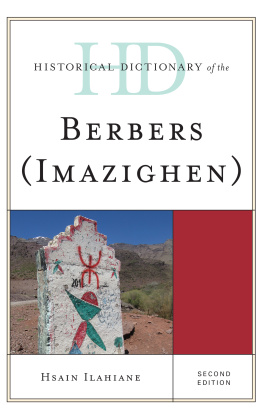
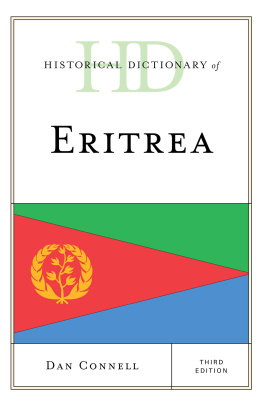
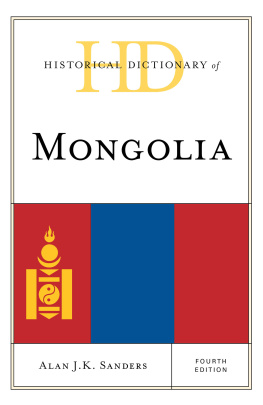

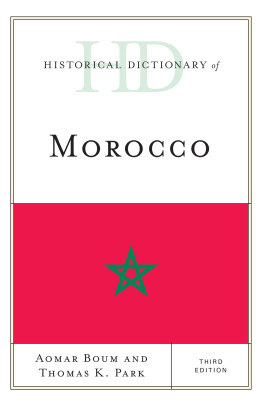
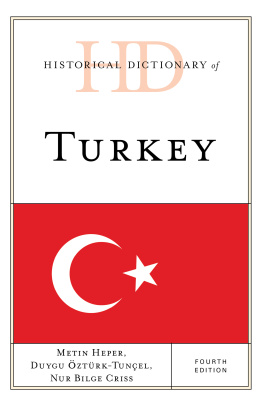

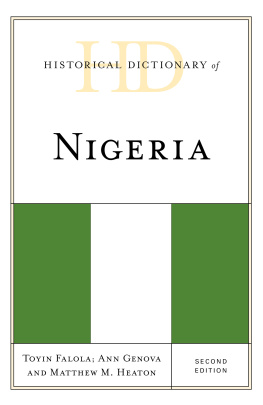
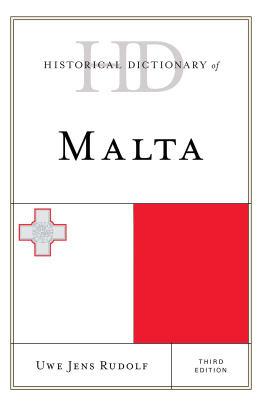
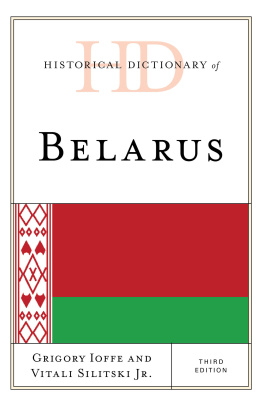
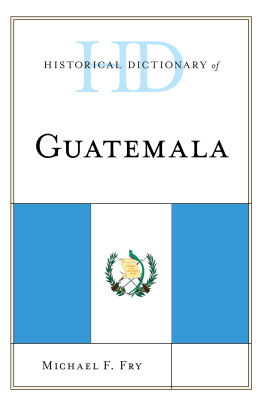
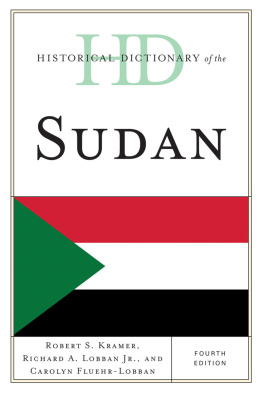
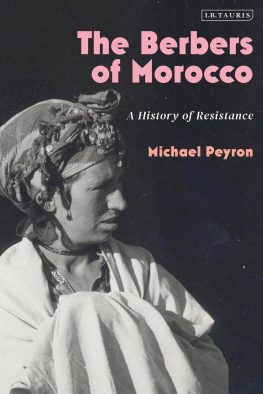

 TM The paper used in this publication meets the minimum requirements of American National Standard for Information Sciences Permanence of Paper for Printed Library Materials, ANSI/NISO Z39.48-1992.
TM The paper used in this publication meets the minimum requirements of American National Standard for Information Sciences Permanence of Paper for Printed Library Materials, ANSI/NISO Z39.48-1992.